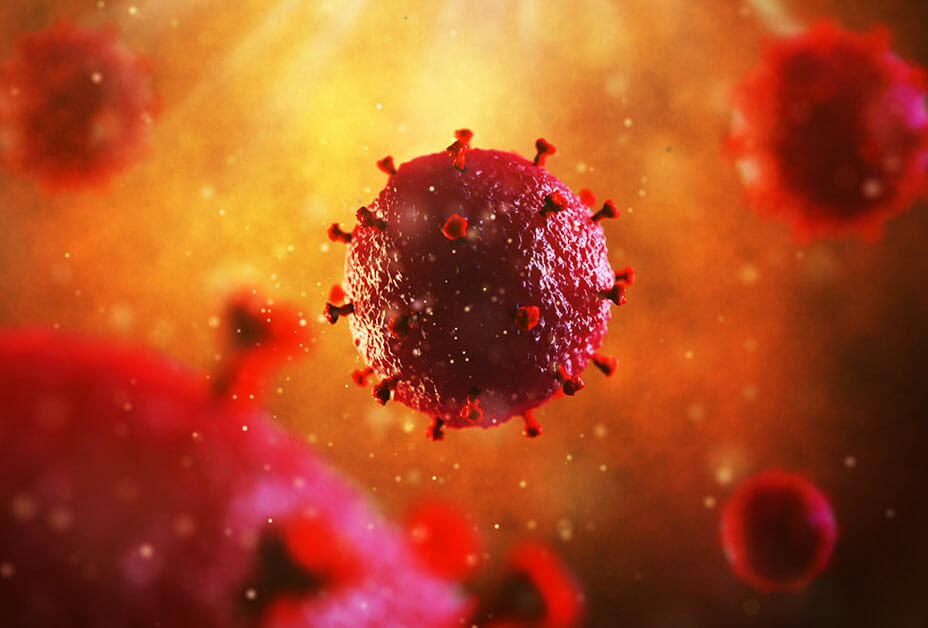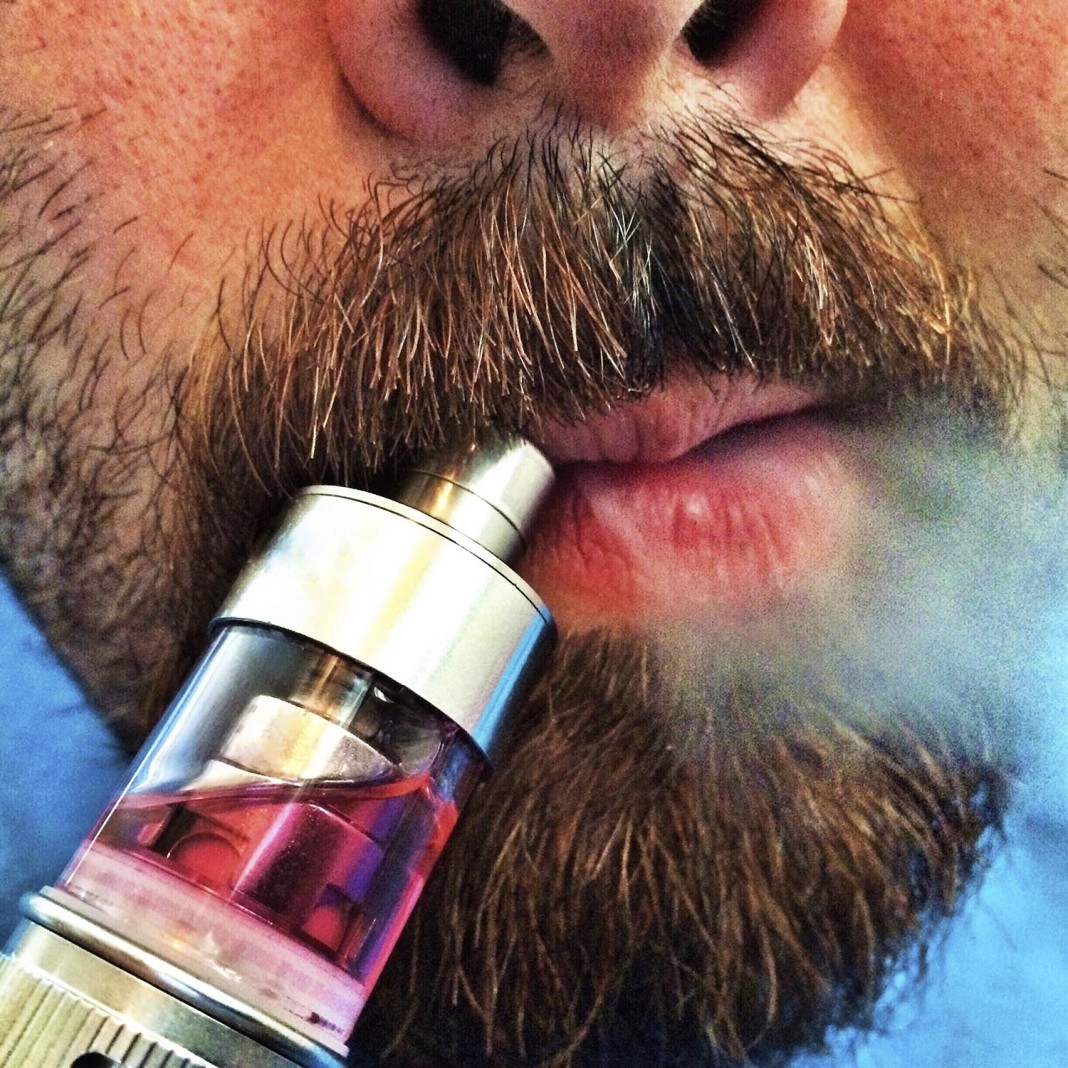
But unfortunately, the Food and Drug Administration (FDA) is pushing a misinformation campaign to kill vaping, using bad science and the inflated threat of underage tobacco use to fearmonger against e-cigarettes. Vaping causes seizures. At least, that’s the fake scare-story the FDA sold some major news outlets earlier this month.
Full Answer
Why is the FDA warning consumers to stop vaping THC?
In its continued efforts to protect the public, the U.S. Food and Drug Administration (FDA) is strengthening its warning to consumers to stop using vaping products containing THC amid more than 1,000 reports of lung injuries —including some resulting in deaths—following the use of vaping products.
Are there any FDA-approved vaping products?
No vaping product has been approved by the FDA for therapeutic uses or authorized for marketing by the FDA. The agency recommends contacting your health care provider for more information about the use of THC to treat medical conditions.
What is the history of the FDA vape ban?
The short story begins in 2009, when the FDA tried to ban the sale of vapor products as “unapproved drugs” being marketed as smoking cessation aids. Vapor companies responded with a lawsuit arguing that their products were not intended to be a smoking cessation treatment, which would require FDA approval as a drug/device in order to be sold.
Who should not use e-cigarettes or vaping?
No youth or pregnant women should be using any vaping product, regardless of the substance. Adults who do not currently use tobacco products should not start using these products. If you are an adult who uses e-cigarettes instead of cigarette smoking, do not return to smoking cigarettes.

Why did the FDA ban Juul?
Earlier this week, the Food and Drug Administration banned Juul from selling its popular vaping device, tobacco and menthol flavored cartridges, citing insufficient data on health and safety.
Will the FDA Ban vaping?
The Food and Drug Administration announced Thursday that it is banning the sale of Juul e-cigarettes in the U.S. Juul intends to seek a stay on the decision and is exploring options, which include appealing the decision or engaging with the FDA, Chief Regulatory Officer Joe Murillo said in a statement.
Why did the FDA approve vaping?
The FDA authorized these tobacco-flavored ENDS products because, among several key considerations, the data submitted by the company and the available evidence show that marketing these products may help addicted adult smokers transition away from combusted cigarettes and reduce their risk of exposure to harmful and ...
Are vapes approved by FDA?
Currently, no vaping products are approved by the FDA to prevent or treat any health conditions or diseases. Some vaping products are being illegally offered for sale with unproven health or wellness claims, including improving mental clarity or treating tumors or asthma.
Are puff bars FDA approved?
The FDA's action does not automatically ban Puff Bar and similar products. Instead it brings them under the same regulatory scheme as older e-cigarettes that derive their nicotine from tobacco.
Was Juul FDA approved?
The U.S. Food and Drug Administration denied authorization for JUUL Labs to market all of its products in the U.S., according to a June 23 FDA news release.
What vapes are banned by the FDA?
In 2020, concerned about youth vaping, the FDA prohibited sales of sweet and fruity e-cigarette pods, which Juul had already stopped selling. Juul and other companies were permitted to continue selling tobacco- and menthol-flavored cartridges — but only while the FDA reviewed their marketing applications.
Are vapes banned in the US?
Laws regulating the use of electronic cigarettes, also known as "vaping", vary across the United States. Some states and municipalities prohibit vaping in every location where smoking is prohibited, while others contain more permissive laws or no laws at all regarding vaping.
What are 5 signs that someone is vaping?
There are several telltale signs to watch for.Finding unusual or unfamiliar items. Vaping devices usually come with detachable parts. ... Behavioral changes, mood swings, agitation. ... Shortness of breath. ... Poor performance. ... Sweet fragrances. ... Weight loss. ... Nausea, vomiting. ... Mouth sores, abnormal coughing, throat-clearing.More items...•
Is vaping a red flag?
If your child experiences nosebleeds or has red, cracking skin around the nose, this is another red flag. Increased Thirst: Vaping is hydroscopic – meaning it dries out the mouth and throat. Drinking an abnormal amount of liquids, and consequently urinating more frequently, is a warning sign your teen may be vaping.
Is Smok FDA approved?
Aug, 2020. SMOK has received the acceptance letter for the first round of PMTA applications from the Food and Drug Administration (FDA).
What is the safest vape?
A regulated mod or e cig is one of the safest vapes as it has a circuit board built in to protect the user. This would have features such as power cut off modes and max wattage settings.
What is the audience of vaping?
Audience: Consumers and family members of consumers who use vaping products containing tetrahydrocannabinol (or THC), a psychoactive component of the marijuana plant. Consumers who have used vaping products of any kind obtained off the street or from unknown sources.
What do you call a vaping company?
If you are concerned about your health after using a vaping product, contact your health care provider, or you can also call your local poison control center at 1-800-222-1222. Health care providers also can contact their local poison control center .
What is the FDA doing to help protect themselves?
While the work by federal and state health officials to identify more information about the products used, where they were obtained, and what substances they contain is ongoing, the FDA is providing members of the public with additional information to help protect themselves.
Is the FDA preventing vaping?
Purpose: In its continued efforts to protect the public, the U.S. Food and Drug Administration (FDA) is strengthening its warning to consumers to stop using vaping products containing THC amid more than 1,000 reports of lung injuries —including some resulting in deaths—following the use of vaping products. The FDA is working closely ...
Is there one substance in all samples tested?
No one substance has been identified in all of the samples tested. Importantly, identifying any compounds that are present in the samples will be one piece of the puzzle but will not necessarily answer questions about what is causing these illnesses.
Can you add THC to vaping?
Do not modify or add any substances, such as THC or other oils, to vaping products, including those purchased through retail establishments. No vaping product has been approved by the FDA for therapeutic uses or authorized for marketing by the FDA.
What are E-Cigarettes, Vapes, and Other Electronic Nicotine Delivery System (ENDS) Products?
Vapes, vaporizers, vape pens, hookah pens, electronic cigarettes (e-cigarettes or e-cigs), e-cigars, and e-pipes are some of the many tobacco product terms used to describe electronic nicotine delivery systems (ENDS).
Are You Looking for General Health and Safety Information Related to E-Cigarettes, Vapes, or Other ENDS?
The longer ENDS and other e-cigarettes are on the market, the more information we know about their impacts on health. This includes data on youth use of these products, which has led to development of several educational programs designed to prevent adolescents and teens from using these products.
Are You a Manufacturer of E-Cigarettes, Vapes, or other ENDS?
FDA regulates the manufacture, import, packaging, labeling, advertising, promotion, sale, and distribution of ENDS, including components and parts of ENDS but excluding accessories.
Who slammed the information quarantine?
In the International Journal of Drug policy, professors Lynn Kozlowski of SUNY Buffalo and David Sweanor of the University of Ottawa slammed the “information quarantine” about the relative safety of e-cigarettes, which they blamed on “emotionally charged moral reactions.”.
Do progressives hate tobacco companies?
They pretend to care about saving lives, when in fact their primary concern is punishing their enemies. Progressives hate tobacco companies and they hate tobacco smokers. By extension, progressives resent and despise life-improving technology if it appears to reward their avowed enemies.
